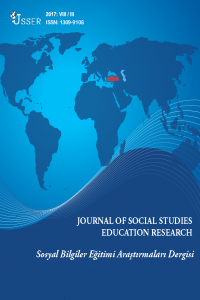Abstract
The research identifies the complexity level of eight texts from Spotlight 11 used in Russian TEFL to prepare students for National Unified Exam in English and assess their reading skills. The results of the analyses conducted with the help of T.E.R.A., an automated text processor, prove that all texts fell within the range of 6 – 9 Flesch-Kincaid grade levels which correspond to the English language proficiency of the target audience. We also revealed the absence of a clear progression in difficulty across the eight texts in the continuum which may cause unpredictable test results and contribute to de-motivation of students. The results also show that the indices of narrativity, syntactic simplicity, word concreteness, referential cohesion and deep cohesion measured with T.E.R.A. do not grow but fluctuate across the continuum of the texts either. Aiming at selecting authentic texts with steadily growing complexity of each of the above mentioned parameters, we recommend to incorporate the suggested algorithm of text analysis into TEFL practice in Russia. T.E.R.A. is viewed by the authors as a tool able to provide educators with a solid foundation to select texts, develop curriculum, design assessment tasks and otherwise address academic needs of a target audience.
Details
| Journal Section | Technology Integrated Social Studies Education |
|---|---|
| Authors | |
| Publication Date | November 23, 2017 |
| Published in Issue | Year 2017 Volume: 8 Issue: 3 |


